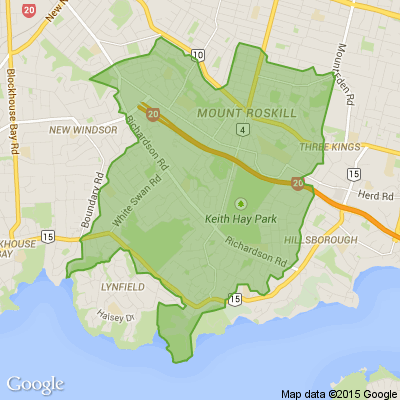NZ’s top bosses richer than ever following big pay rises
CEO Pay 2022 Table
================
Name-----------------Company----------------------Pay
John Cullity Ebos $6,643,618
Ross Taylor Fletcher Building $6,589,027
Miles Hurrell Fonterra $4,308,178
Lewis Gradon Fisher & Paykel Healthcare $3,998,488
Vittoria Shortt ASB Bank $3,918,523
Nick Grayston The Warehouse Group $3,568,000
Don Braid Mainfreight $3,373,427
Angela Mentis BNZ $3,353,615
Jolie Hodson Spark $3,130,350
Jeffrey Greenslade Heartland Group Holdings $3,065,103
Russel Creedy Restaurant Brands $2,929,000
Michael Ahearne SkyCity $2,854,961
David Bortolussi A2 Milk Company $2,836,408
Gordon MacLeod Ryman Healthcare $2,762,253
Naomi James Channel Infrastructure $2,726,000
Daniel Huggins BNZ $2,567,752
Michael Daly KMD Brands $2,442,904
Jean-Baptiste Rousselot Chorus $2,442,500
Greg Foran Air New Zealand $2,347,263
Marc England Genesis Energy $2,325,461
Rod Duke Briscoe Group $2,166,319
Michael Boggs NZME $2,150,771
Neal Barclay Meridian Energy $2,134,372
Mike Fuge Contact Energy $2,128,603
Vince Hawksworth Mercury $2,072,443
Antonia Watson ANZ Banking Group $2,047,000
Philip Littlewood Stride Property $1,978,184
Mark Troughear Freightways $1,668,000
Clive Mackenzie Kiwi Property Group $1,503,832
Simon Mackenzie Vector $1,430,550
Bill McDonald Arvida Group $1,430,109
Scott Pritchard Precinct Properties $1,397,581
Grant Webster Tourism Holdings $1,368,176
Adrian Littlewood Auckland Int. Airport $1,323,626
Peter Mence Argosy Property $1,277,693
Sophie Moloney Sky Television $1,263,068
Rhys Jones Vulcan Steel $1,250,163
Scott Scoullar Summerset Group $1,218,571
Brent Pattison Oceania Healthcare $1,209,067
Mark Peterson NZX Limited $1,200,000
Catherine McGrath Westpac NZ $1,195,797
Molly Matthews Pushpay Holdings $1,192,121
David Mair Skellerup $1,187,000
John Dakin Goodman Property Trust $1,184,500
Kimbal Riley Vista Group $1,096,481
Loenard Sampson Port of Tauranga $1,082,144
Jeremy Nicoll Arvida Group $1,019,853
David Prentice Manawa Energy $1,012,482
Peter Reidie Sanford NZ $1,000,000
Simon Moutter Spark $788,796
Carrie Hurihanganui Auckland Int. Airport $772,875
Kevin Bowler My Food Bag $556,200
John Penno Synlait $551,042
David Banfield Comvita $533,000
Richard Umbers Ryman Healthcare $513,416
Grant Watson Synlait $421,567
Simon Power Westpac NZ $141,776
=========================================================
What word sums up 2024, neighbours?
If 2020 was the year of lockdowns, banana bread, and WFH (work from home)....
In one word, how would you define 2024?
We're excited to see what you come up with!

Share your summer photos! 📷
Taken some beautiful snaps lately? Whether it's rainbows, sunsets or a beautiful summer's day, we'd love you to share the joy with us.
Share a photo in the comments below

Out with the Old, In with the Confusing!
I have hands but can’t clap.
What am I?
Do you think you know the answer to our daily riddle? Don't spoil it for your neighbours! Simply 'Like' this post and we'll post the answer in the comments below at 2pm.
Want to stop seeing riddles in your newsfeed?
Head here and hover on the Following button on the top right of the page (and it will show Unfollow) and then click it. If it is giving you the option to Follow, then you've successfully unfollowed the Riddles page.







 Loading…
Loading…




